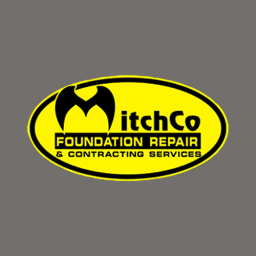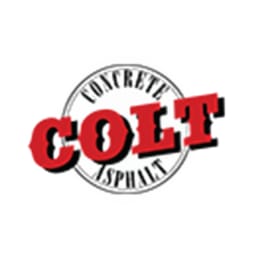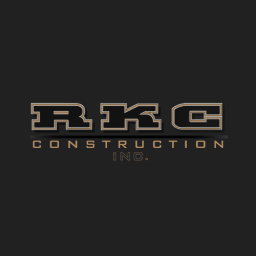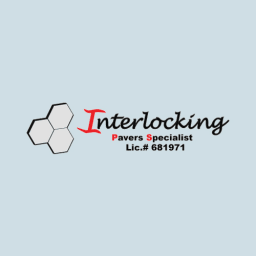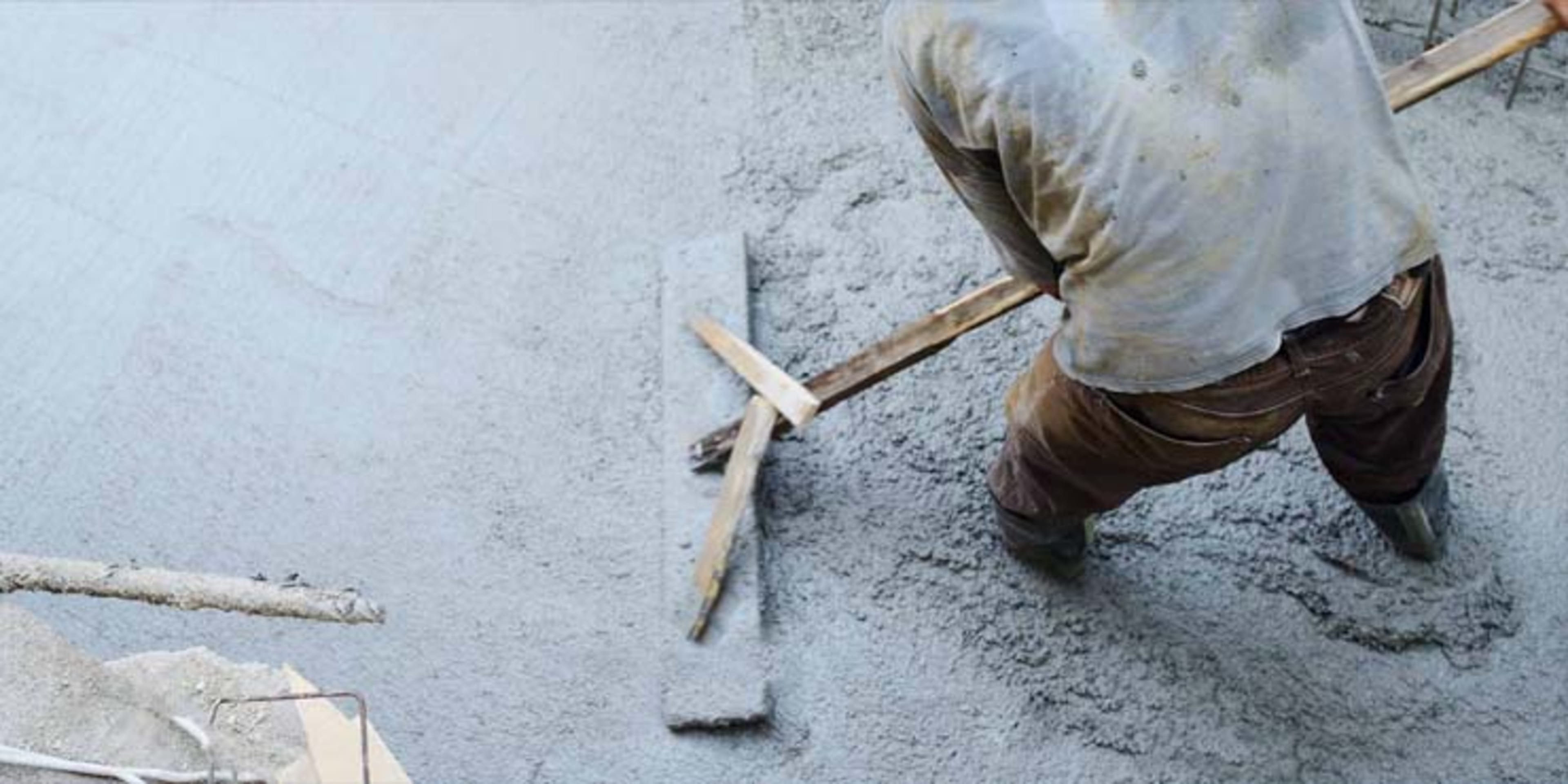

Concrete Contractor Resources
& Best Concrete Contractors
Find a Top-Ranked Concrete Contractor Near You
We did the research for you!
- Licensing
- User Reviews
- Mystery Shopping Calls
Learn about our selection process.
Top Concrete Contractors
= Featured Provider
Los Angeles, CA
LA Concrete Works
6520 Platt Ave. #257, Woodland Hills, CA 91367Pearl Remodeling
Van Nuys, CA 91411MB Paving
Sylmar, CA 91342
Chicago, IL
Acme Concrete Raising & Repair
Chicago, ILAll Ways Paving & Plowing
Chicago, IL 60631Concrete Hero
1031 Howard Street, St. Charles, IL 60174
Houston, TX
Increte of Houston
Houston, TX 77085Tilted Concrete Solutions, Inc.
Richmond, TX 77407Cross Construction Services
Houston, TX 77035
Phoenix, AZ
DecoFlooring.net
Mesa, AZ 85282Phoenix Pavers Specialists
Phoenix, AZ 85024Imagine Architectural Concrete
Mesa, AZ 85204
San Antonio, TX
MitchCo Foundation Repair
San Antonio, TX 78258Artistic Concrete & Masonry
Boerne, TX 78006Sundek San Antonio
San Antonio, TX 78259
Dallas, TX
Superior Construction Services
320 U.S. 77, Italy, TX 76651ATD Concrete Coatings
Arlington, TX 76011Colt Concrete & Asphalt
Dallas, TX 75229
San Diego, CA
Paving Stone of San Diego
El Cajon, CA 92021RKC Construction Inc.
Lakeside, CA 92040C&R Pavers
Escondido, CA 92027
San Jose, CA
Interlocking Pavers Specialist
San Jose, CA 95123A.C. Bentley Concrete
Watsonville, CA 95076Butler Concrete Construction
San Jose, CA 95113
San Francisco, CA
Jim Gardner Construction Inc.
Oakland, CA 94611Montclair Construction and Structural Inc.
Oakland, CA 94611Paving Construction Services, Inc.
Alviso, CA 95002
Jacksonville, FL
Imetry
Fernandina Beach, FL 32034JAX Concrete Contractors
905 Erie Ave, Jacksonville, FL 32254Florida Coastal Construction Services
Jacksonville, FL 32220
Top Concrete Contractors in other locations
Find a Top-Ranked Concrete Contractor Near You
Frequently Asked Questions
Introduction
When you're looking for a professionally installed driveway, patio, or sidewalk, it pays to know about the variety of services available, as well as what they cost and what level of quality to expect. While many driveway and concrete installers have their own business practices and pricing structures, there are still many industry-wide standards that apply across the country. Learning about these standards for yourself is a great place to start when considering work on your driveway.
How much does it cost to pave a driveway?
On average, paving an asphalt driveway costs around $4,800 and can range between $3,000 and $6,500. Concrete paving is significantly more expensive, nearly double that price, coming in between $5,500 and $12,000.
How do you seal a driveway?
To start sealing your own driveway, you only need a few basic materials including commercial sealer, an application brush or broom, and a mixing paddle. On a clear, sunny day, start by thoroughly washing your driveway. Once it's clean, apply the sealer evenly, row by row. Then, simply let it dry for 48 hours.
How do you get oil off the driveway?
The best way to get oil spills off your driveway is to coat the area thoroughly with baking soda. After the powder has sat for several minutes, simply wash the area with water and a stiff-bristled brush. Scrub thoroughly until the area is clear, using two or three applications of baking soda if necessary.
How much does it cost to asphalt a driveway?
Asphalt paving costs between $3,000 and $6,500, at an average of around $4,800. However, this price can vary, depending on several factors, including the size of your driveway. Generally, pavers charge between $14 and $26 per square foot, including materials and labor.
How to pressure wash the driveway?
Pressure washing is a simple process, as long as you have the right tools on hand. Start by wearing eye protection and covering nearby grass and plants with tarps to keep them from burning. Then, turn on your pressure washer, and run it over the full surface of your driveway in slow, even strokes.
How much is a concrete driveway?
Concrete driveways are between one-and-a-half and two times as expensive as an asphalt driveway, ranging between $5,500 and $12,000. This comes to about $28 to $50 per square foot, including labor and materials.














